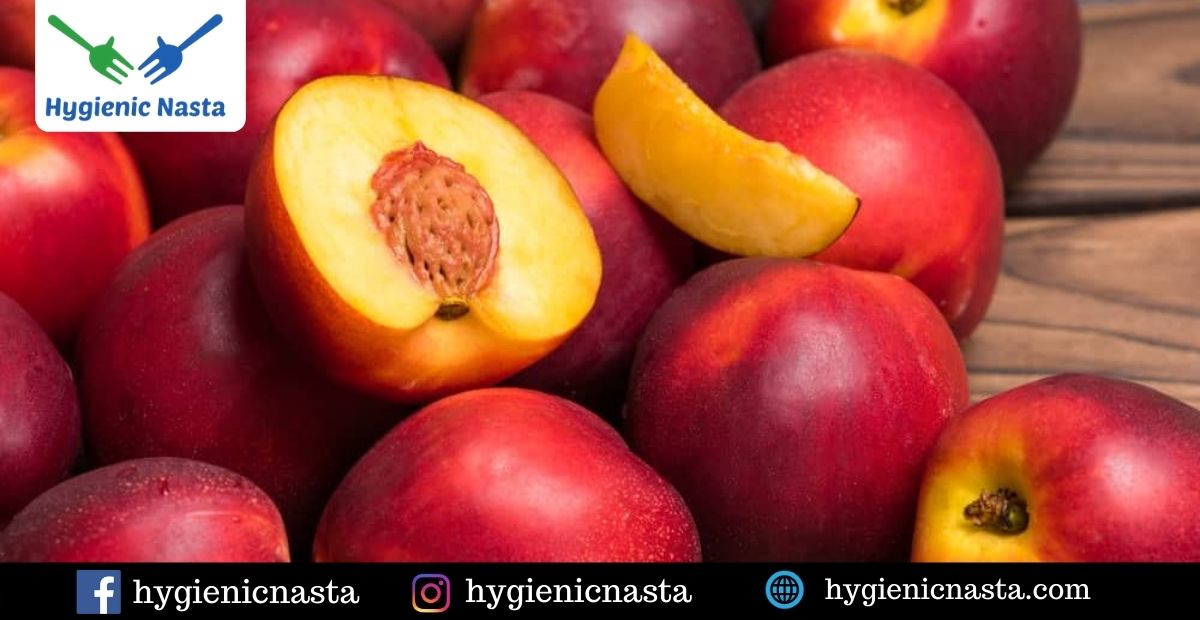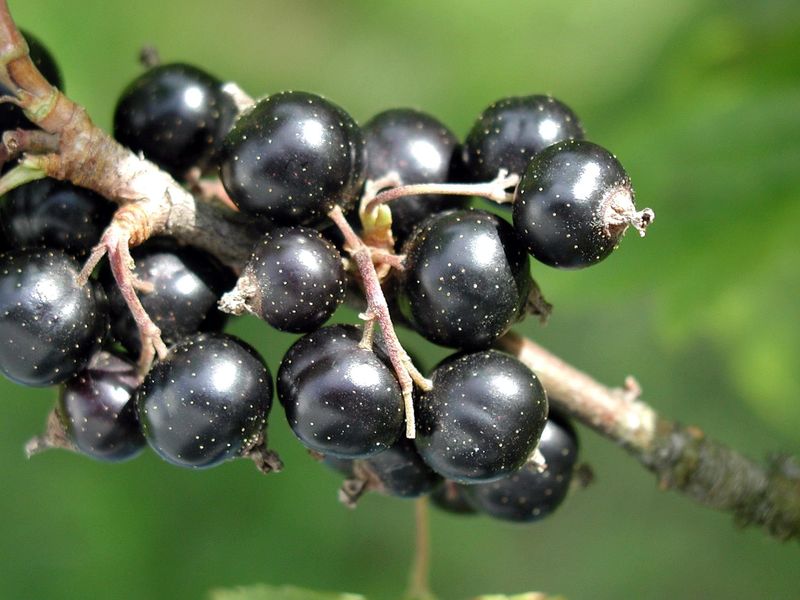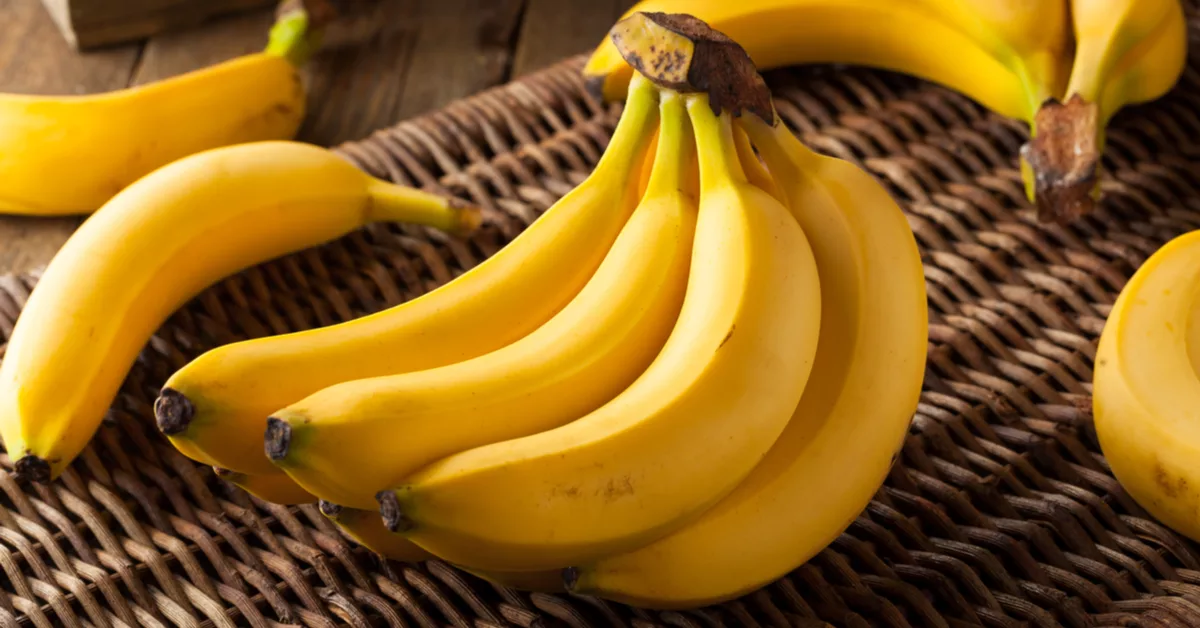
Benefits of Huckleberry
Benefits of Huckleberry: Huckleberry (Solanum Nigrum L) is a plant of the eggplant (Solanaceae) beginning from Europe and West Asia, at that point spread to America, Australia, Malaysia, and Indonesia. Huckleberry has another name Ranti (Javanese), bobotie (Ternate) and dark nightshade (Europe). Huckleberry plant can grow up to 120 cm tall. Huckleberry plants have the attributes of stems that are not woody and secured with cushion, just as leaves. Huckleberry plant leaf length can achieve 7 cm and 5 cm wide. Huckleberry organic product is more often than not around one cm in measurement.
10 Health Benefits of Huckleberry
- As Anti Cancer
- As Anti Inflammatory
- As an Analgesic
- As an Antipretic
- As a Diuretic
- As Antitussive and Expectorant
- Prevent hypertension
- As an antimicrobial and antibiotic
- Treating skin diseases
- Treating Rabies
Nutritional facts Per 100g
Calories: 52
Total Fat: 0.2 g
Sodium: 1 mg
Potassium: 107 mg
Carbohydrate: 14 g
Protein: 0.3 g
Vitamins and Minerals
Vitamin A: 1%
Vitamin C: 7%
Magnesium: 1%
Side-Effects of Huckleberry
In spite of the fact that bilberry organic product is for the most part viewed as sheltered when devoured in sums commonly found in sustenance, hypersensitive responses can happen.
Bilberries normally contain substances known as tannins (found in numerous nourishments, for example, espresso, tea, red wine, blueberries, cranberries, chocolate, and a few nuts and beans). On the off chance that you have a hypersensitivity or affectability to nourishments containing tannin, you ought to maintain a strategic distance from bilberry.



